John Locke is the Father of Liberalism
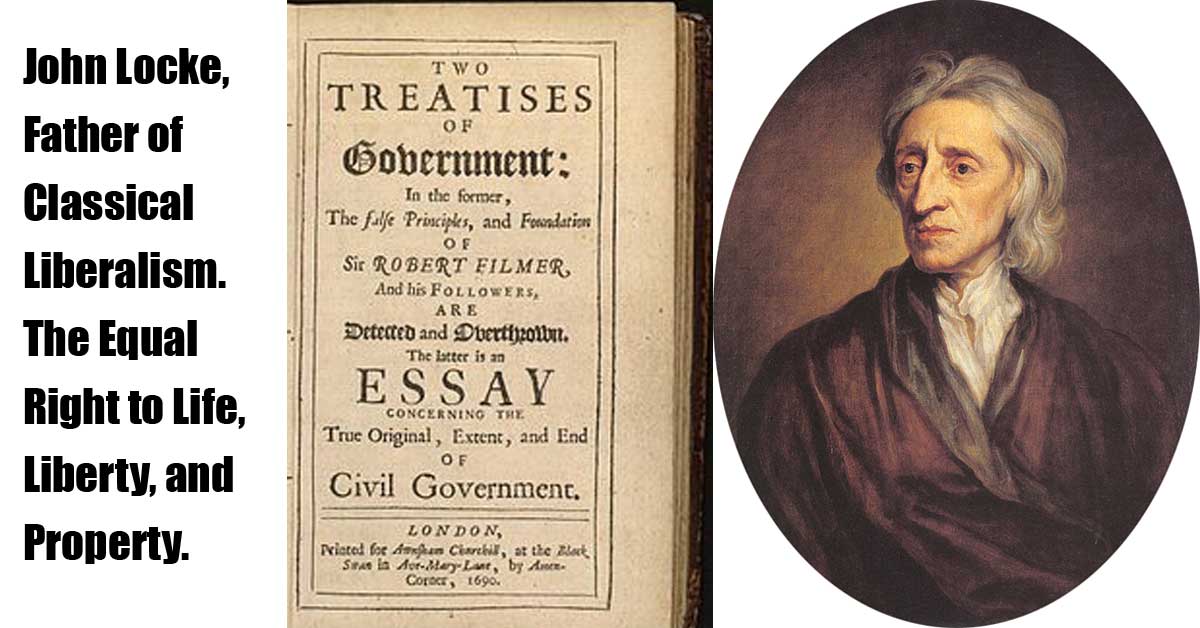
John Locke can be considered the father of liberalism. His theories on life, liberty, property, consent, and the social contract form the foundation of classical liberalism.
Philosophy is the study of the natural and theoretical nature of knowledge, reality, existence, and being. Philosophy can broken down into categories based on subject and technique. See the branches of philosophy.

John Locke can be considered the father of liberalism. His theories on life, liberty, property, consent, and the social contract form the foundation of classical liberalism.
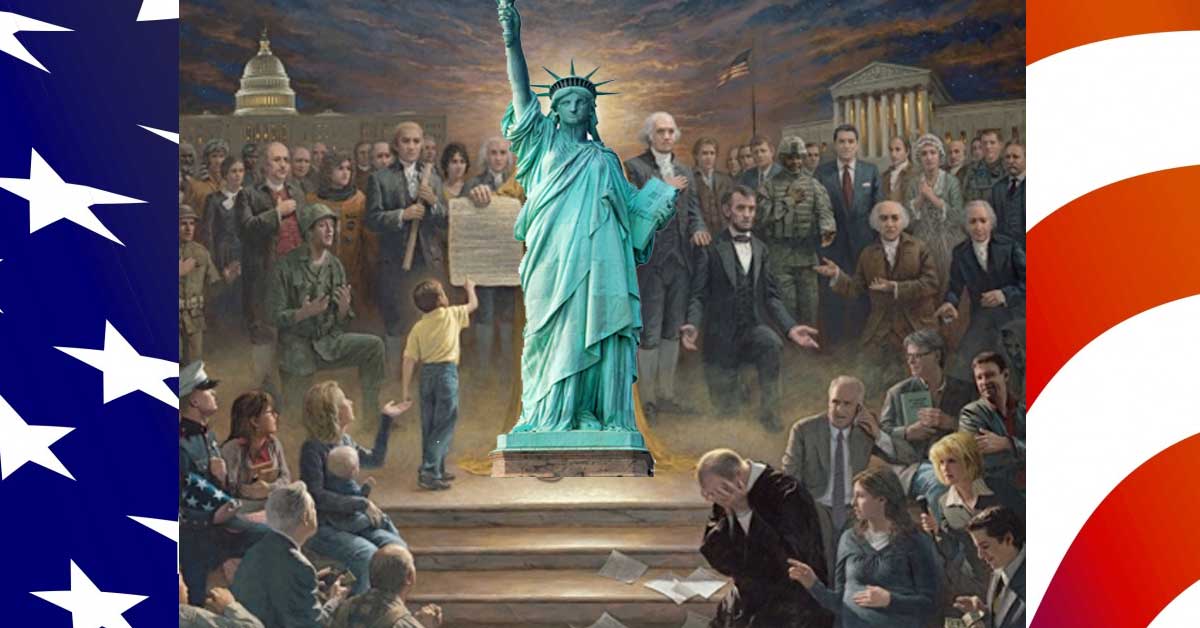
“Civil Religion” is the civic “religion” of a nation. It doesn’t describe the theological religion of a nation, but rather a quasi-religious shared identity built around national symbolism and customs.

We explain neoliberalism, globalization, nativism, and protectionism and the pros and cons of “neoliberal globalization” and “nativist protectionism.”
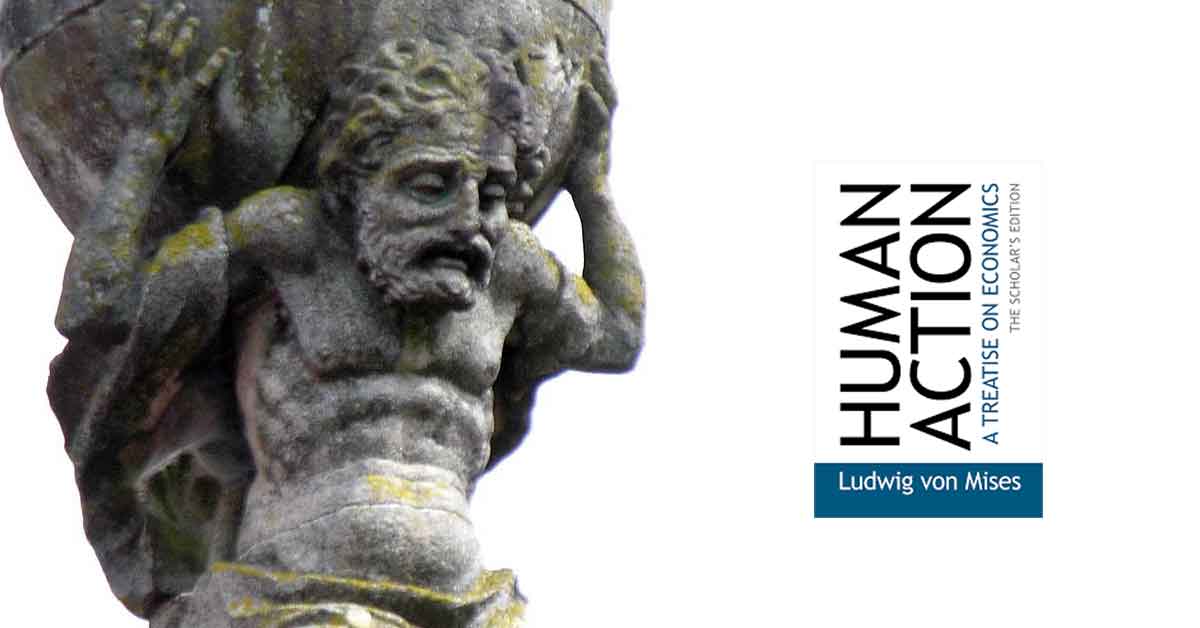
As Mises said, “all action is human action”. In other words, although we form groups that can indirectly act through consensus, groups themselves aren’t physical entities (and thus they can’t act directly).

Eugenics (including positive eugenics which breeds traits, and negative eugenics which prevents breeding) has been practiced since the Greeks, but rose to popularity in the west starting in the late 1800’s.
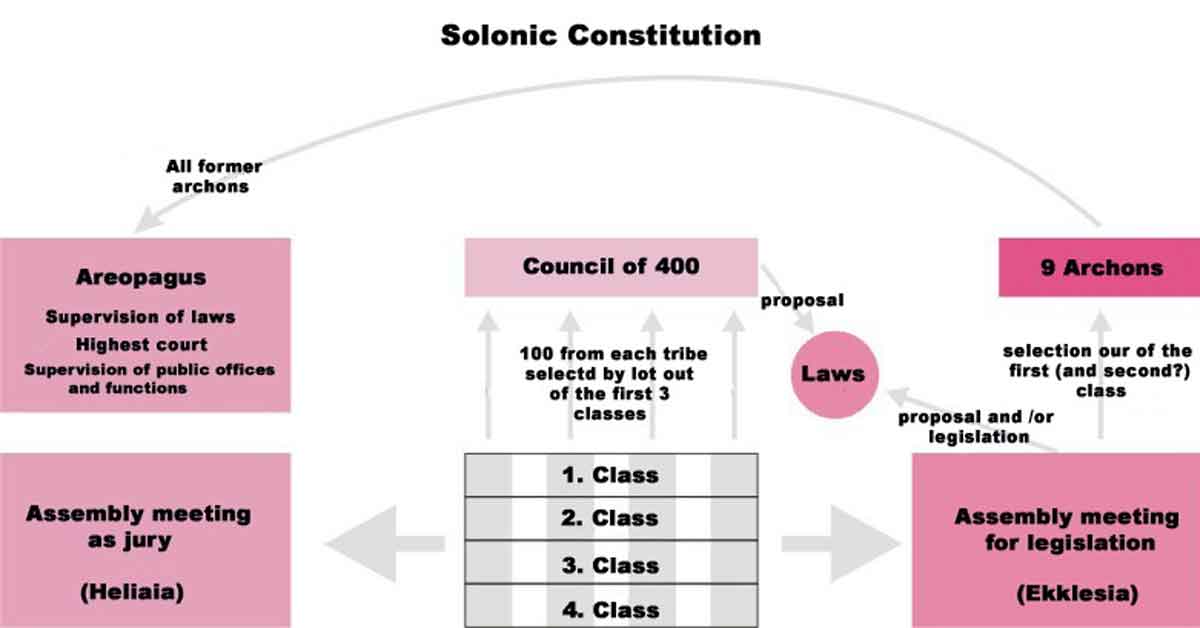
Classical Athens had a type of Direct Democracy that included direct voting on laws and election by lottery, but participation was limited to adult male citizens who owned land.
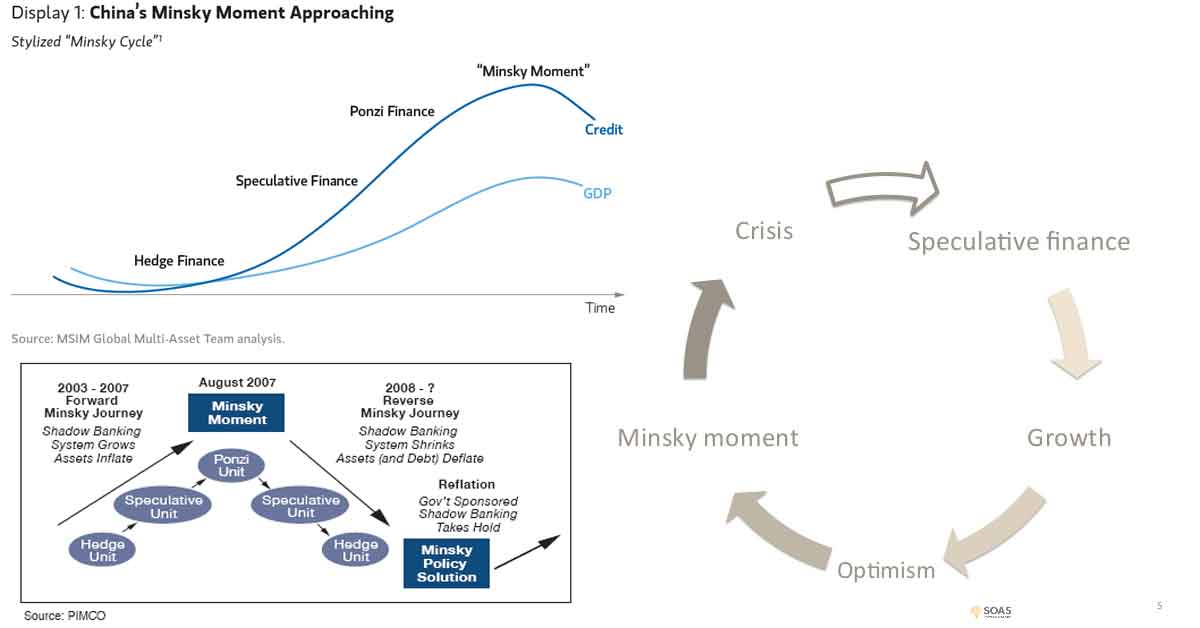
Stability isn’t necessarily destabilizing, but as Hyman Minsky’s Financial Instability Hypothesis eludes: longterm stability breeds instability and diminishes resilience in economic markets, mainly due to psychological factors.
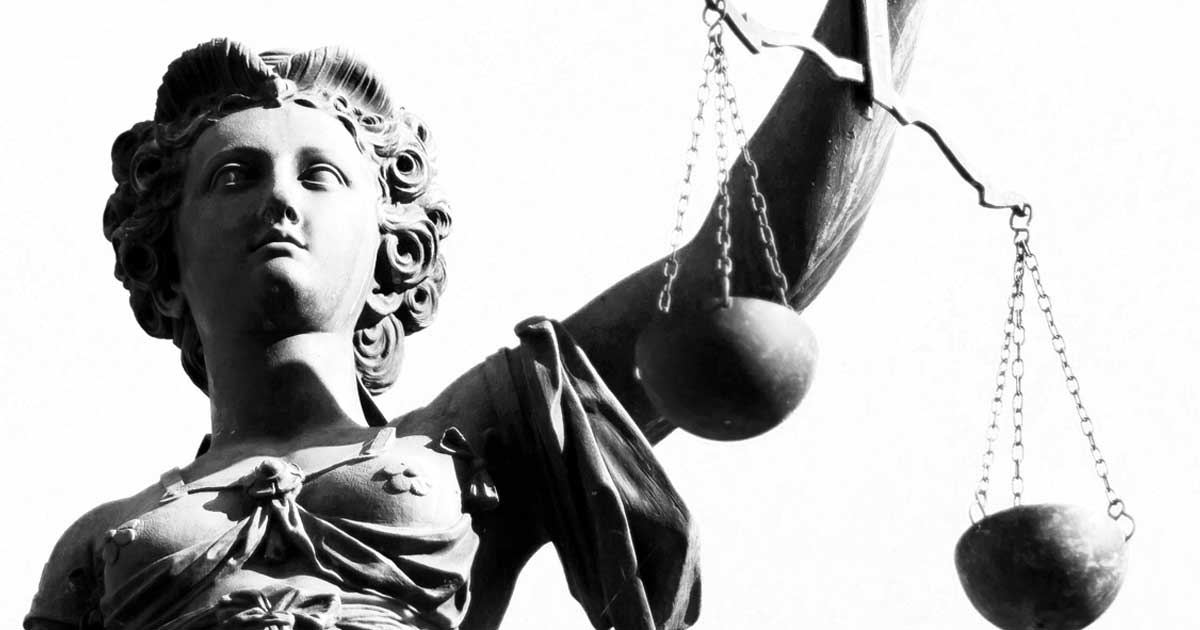
Extreme equality and an extreme inequality are both equally as dangerous in a democratic society. In both cases it corrupts the government.
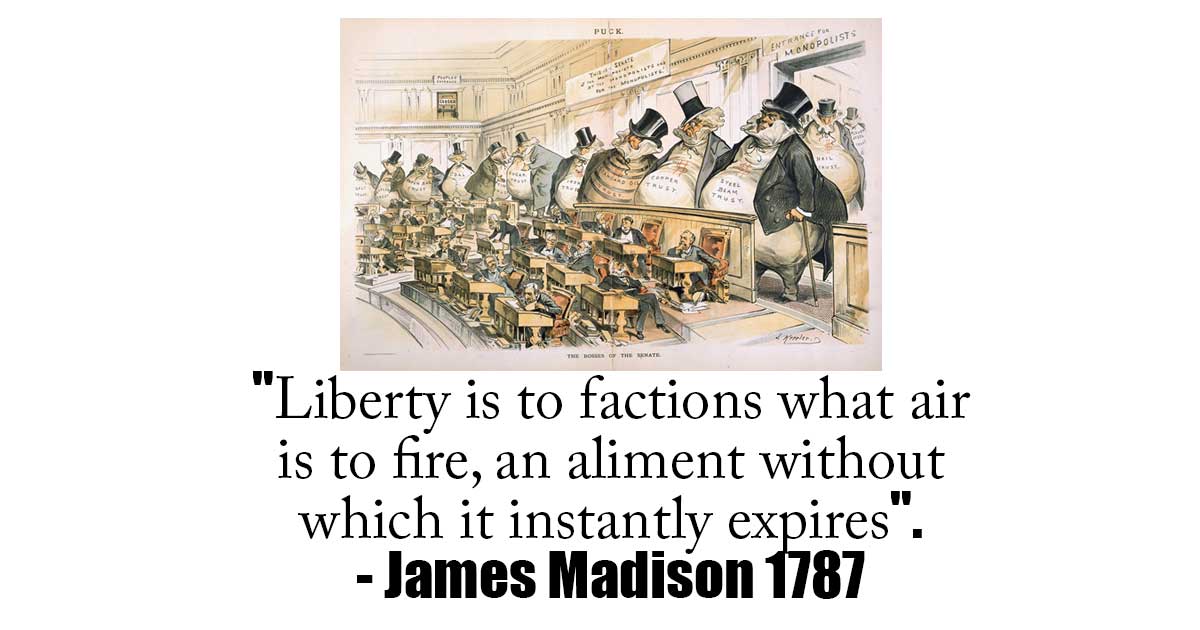
As James Madison said when discussing special interest factions and liberty in the Federalist #10, “Liberty is to faction what air is to fire, an aliment without which it instantly expires”.
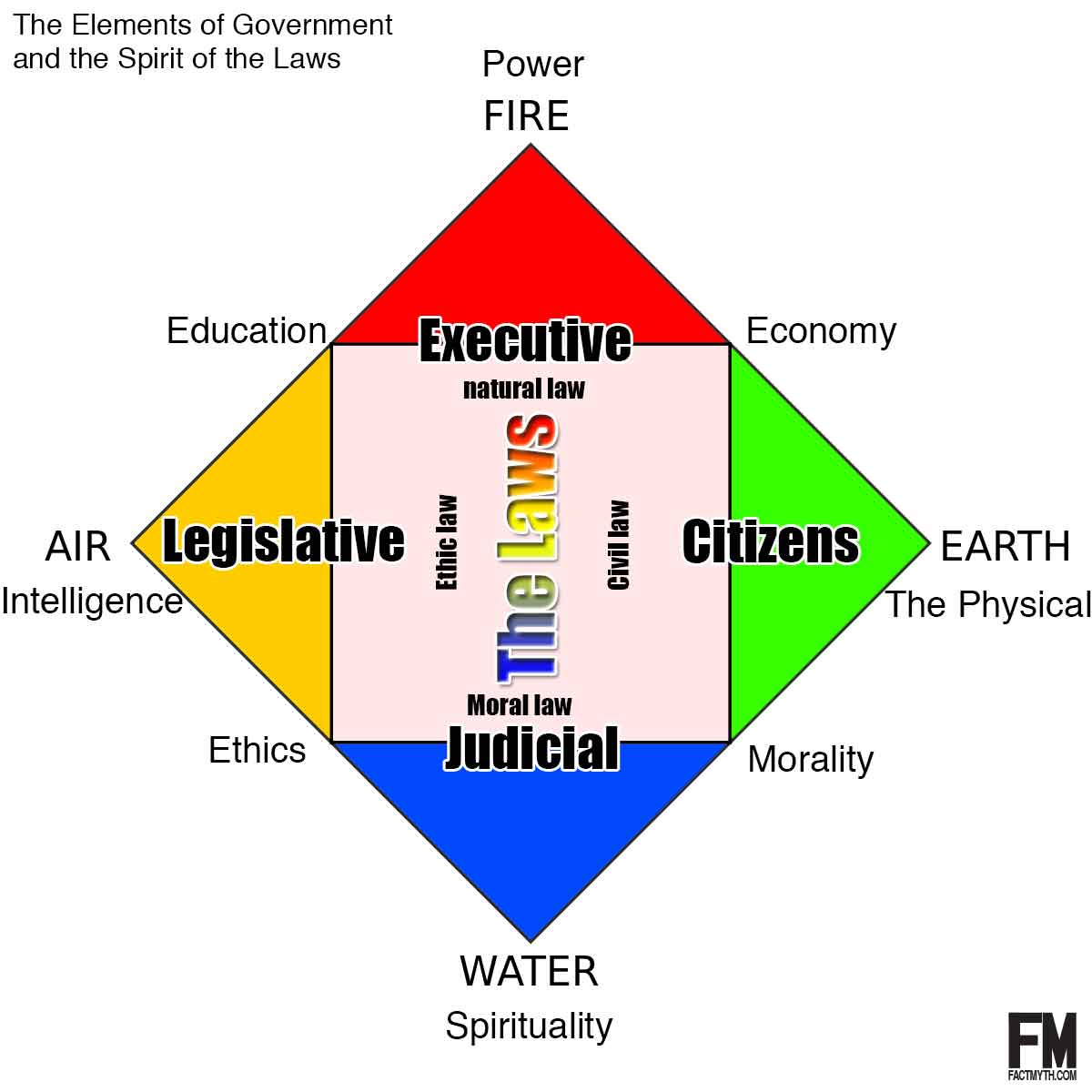
The four “elements” (or “powers”) that form the foundation of government can roughly be expressed as: citizens, executive, legislative, and judicial.